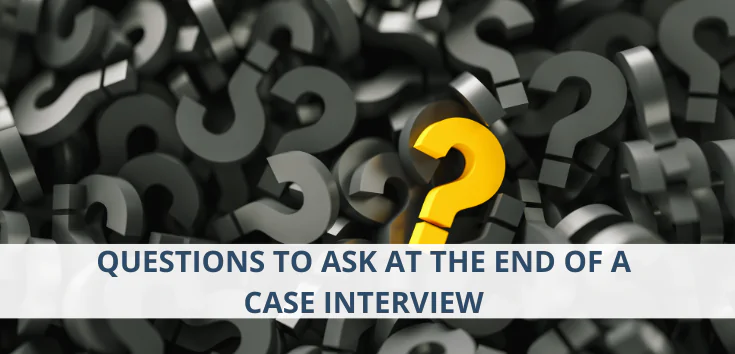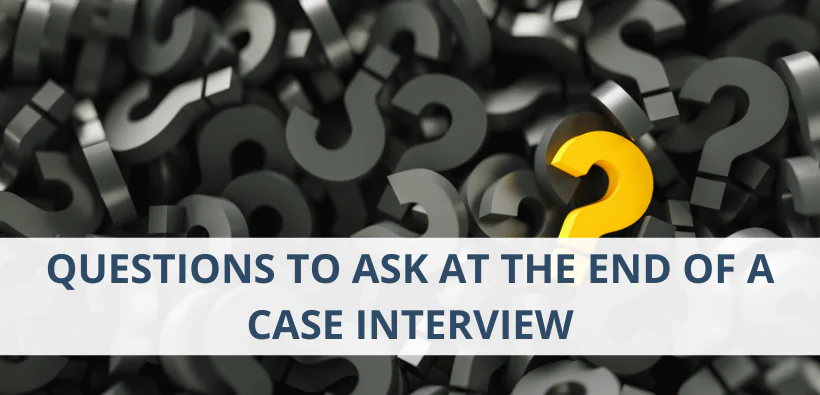As always, interviews are a two-way street. And consultancy is no exception to this. Once you’ve finished the difficult part of answering - to the best of your ability - the case study interviews, it is now your turn to take the lead and give the finishing touches by asking the questions directly to the interviewer. It is your chance to reinforce your genuine interest based on the research you’ve conducted on the consulting firm.
It is important to note that you’re not interrogating the interviewer, instead cultivating a space for a personal yet professional dialogue. It would be a mistake not to ask any questions, for obvious reasons such as showing lack of interest or enthusiasm for the opportunity, therefore this is a condensed summary of the questions you could ask to help you leave a great impression!
In this article, various thematic blocks are suggested on which good questions can be asked. You will also learn five sample questions for inspiration and what mistakes to avoid.







